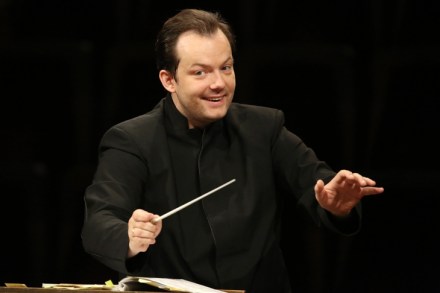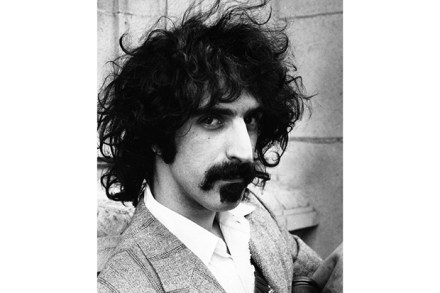Vinyl madness
I was at home enjoying an online episode of Tales of the Texas Rangers when my daughter interrupted me, wanting something on Amazon. Just to explain, Tales of the Texas Rangers was a 1950s NBC radio series featuring Joel McCrea as Ranger Jayce Pearson. There are 90 half-hour episodes available online. Once you tire of binge-listening to these, there are perhaps 200 more episodes of Dragnet and about 400 of Gunsmoke to choose from, the latter featuring the voice of William Conrad (detective Frank Cannon to anyone my age) as Marshal Matt Dillon. Yes, I realise it’s a bit weird using a fibre-optic broadband connection to listen to 1950s radio,




















